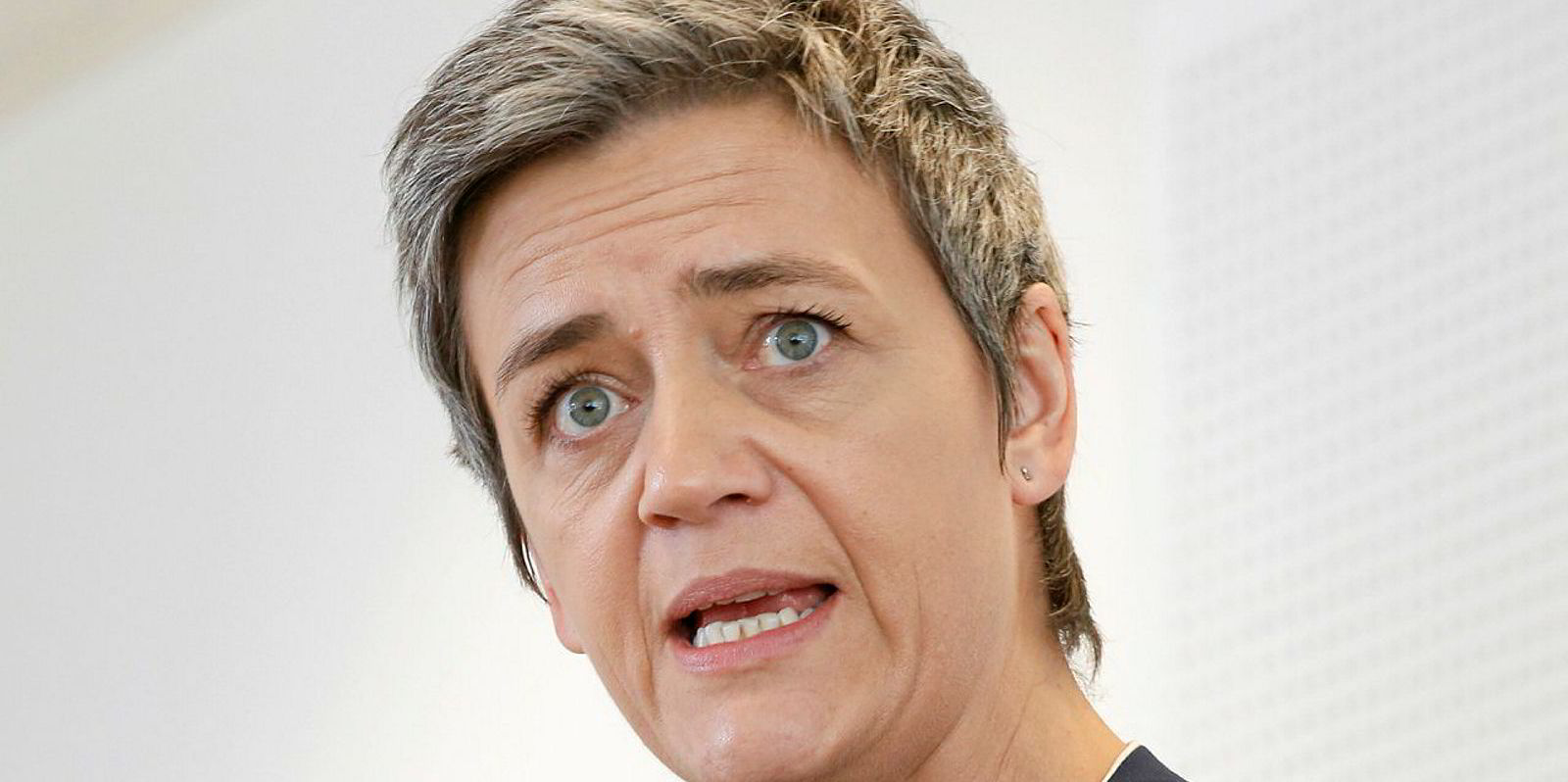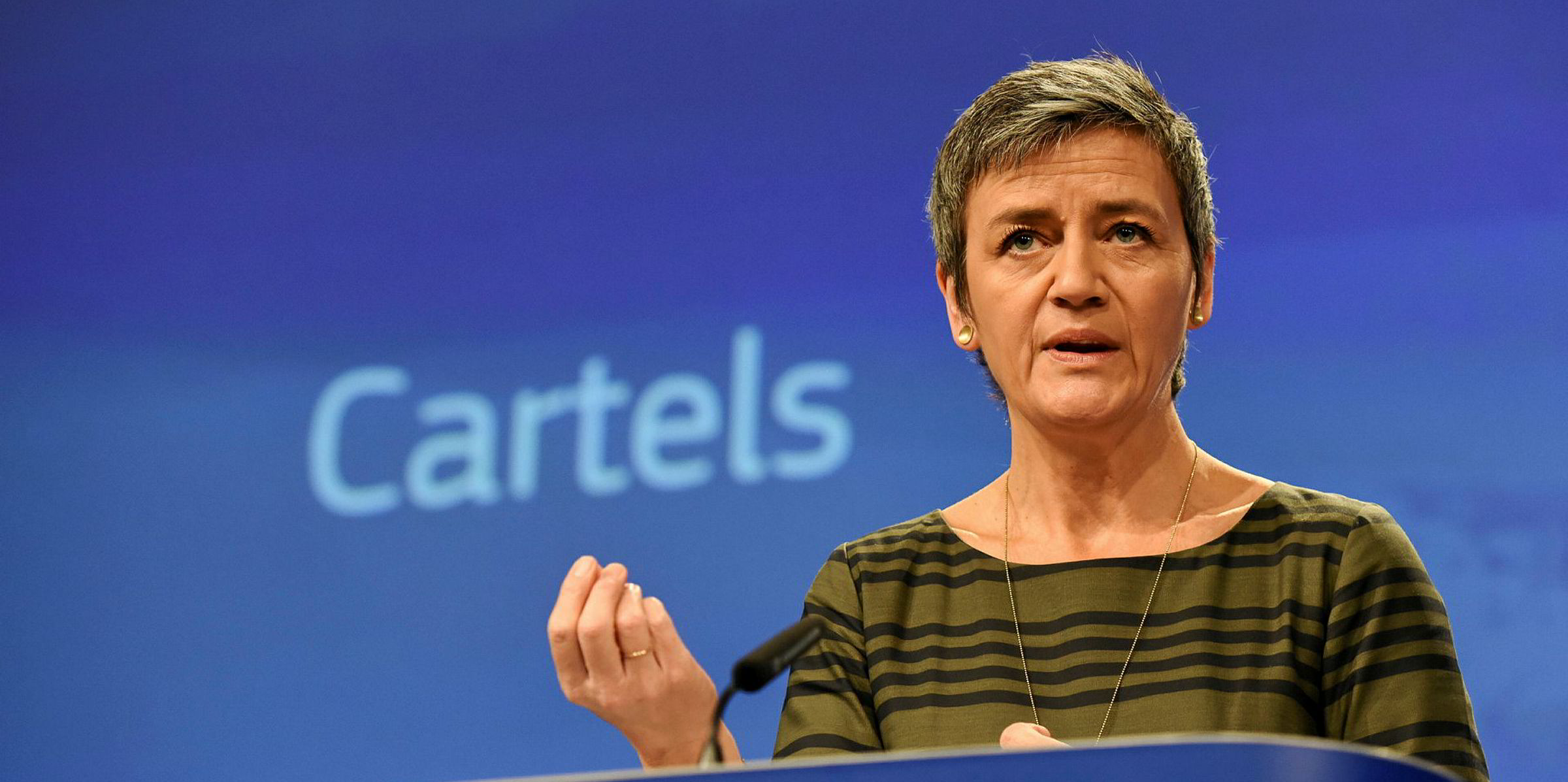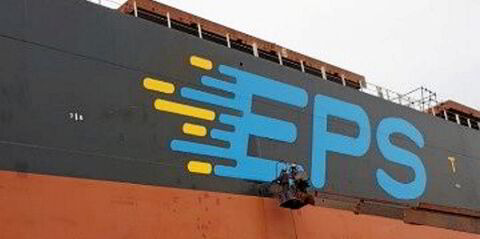Shippers and lines have drawn diametrically opposed conclusions over the potential impact of liner shipping consortia in the European liner trades.
A study by the OECD-affiliated International Transport Forum (ITF) found that container shipping has slipped on various performance indicators on trade lanes to and from Europe as the liner industry has become more concentrated and vertically integrated.
Those findings have been trashed by the World Shipping Council (WSC), which published a rival report highlighting the efficiencies gained due to consolidation in the trades.
The contrasting reports have been published as the European Commission considers whether to extend legislation that exempts liner shipping consortia from its antitrust rules.
2020 review
The Consortia Block Exemption Regulation (BER), which is up for review in April 2020, allows lines with a combined market share of less than 30% to cooperate or provide joint services on European trades.
But the Paris-based ITF argues that most liner consortia are likely to be no longer covered by the BER, with only four of 27 consortia falling below the 30% threshold.
It concludes that the performance of liner operators has been slipping on measures of fleet utilisation, liner connectivity, the number of direct port-to-port connections and weekly service frequency.
Vessel-sharing arrangements are essential tools for providing efficient, environmentally responsible and frequent liner shipping services to countries all over the globe
World Shipping Council
This has been rejected by the WSC, whose report, produced by RBB Economics, cites the efficiencies gained in European liner services from 2013 to 2018.
The report argues those efficiencies have been passed on over the period, with carriers' costs per teu decreased substantially and shipping rates falling in similar proportions.
Costs reduced
“The close correlation between rates and costs shows that shippers benefit from reductions in operating costs in the form of lower overall freight rates (including surcharges),” it says.
It goes on to say that liner shipping connectivity has increased over the period for the majority of European Union states.
“The absence of consortia would have a negative impact on service quality because — absent consolidation — carriers would need to reduce service frequencies in order to maintain utilisation,” it says.
In the Asia-North Europe trade lane, capacity and service coverage has increased, with direct calls to 20 ports last year, up from 14 ports in 2018.
But the WSC argues that the absence of consortia would significantly reduce service quality compared with current levels.
“Vessel-sharing arrangements are essential tools for providing efficient, environmentally responsible and frequent liner shipping services to countries all over the globe,” it says.





